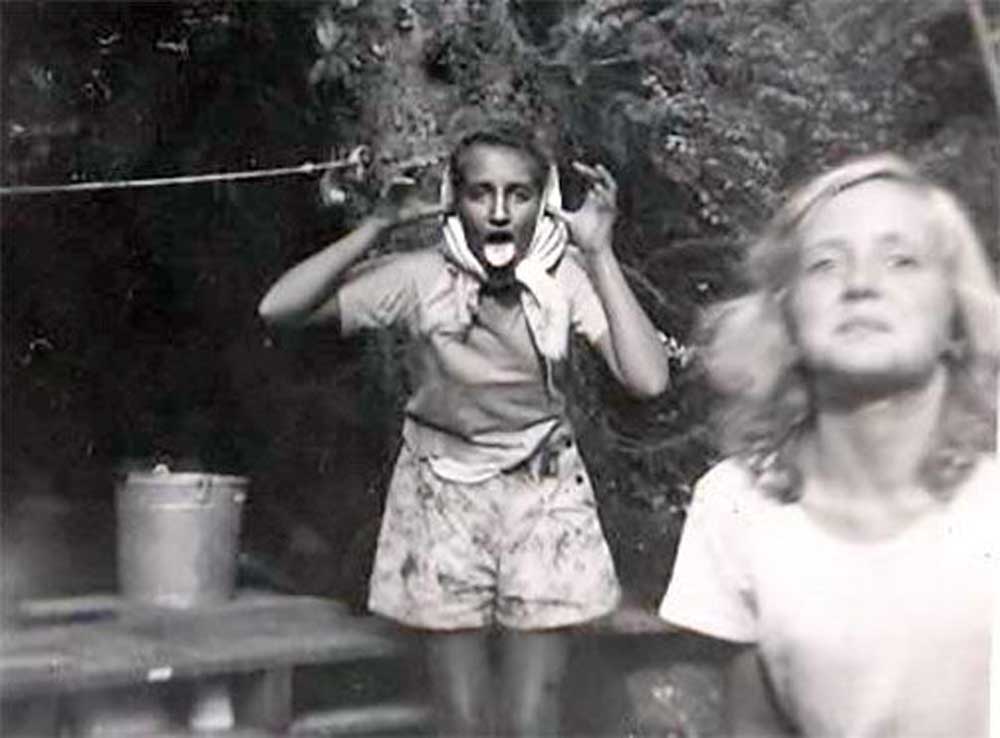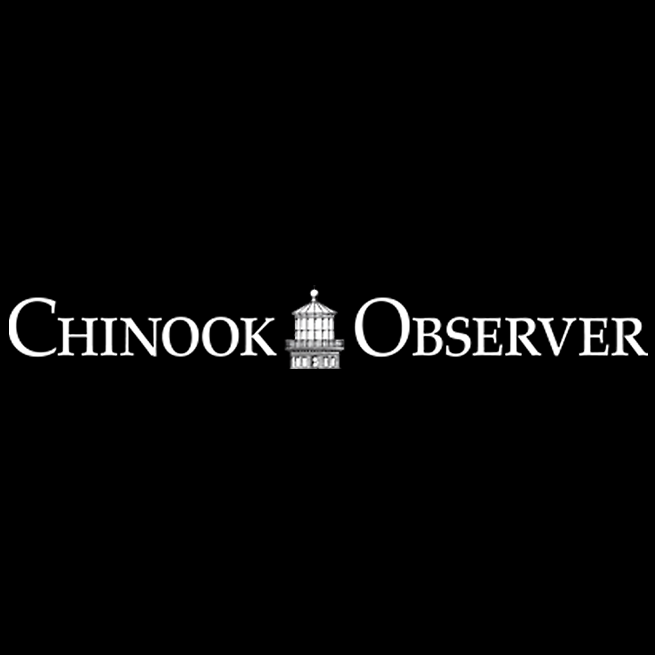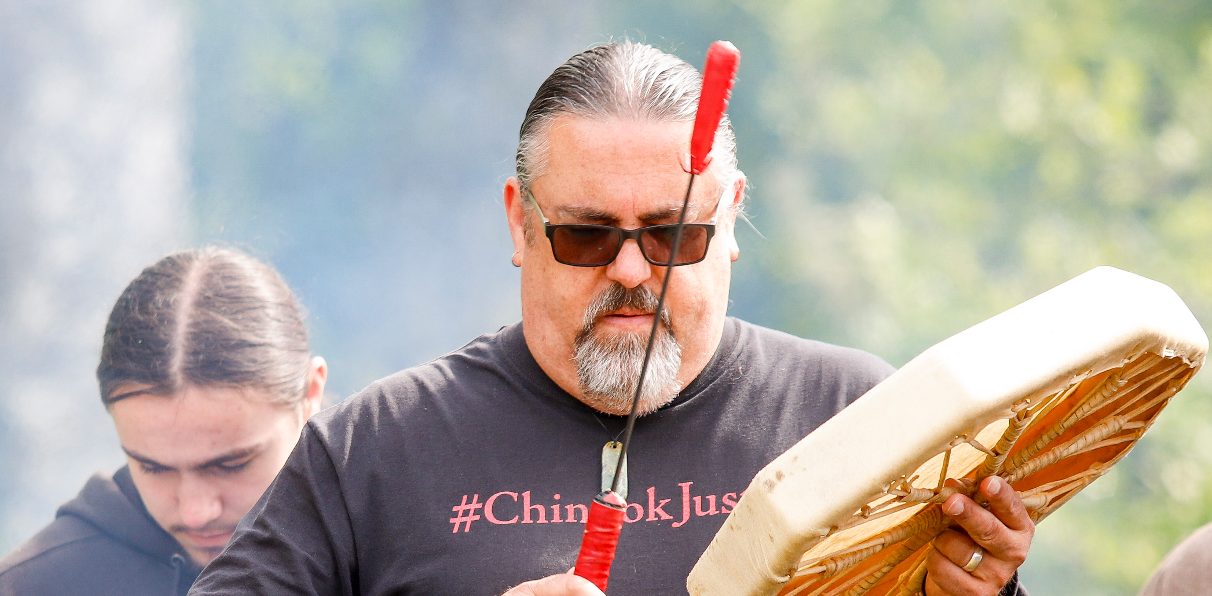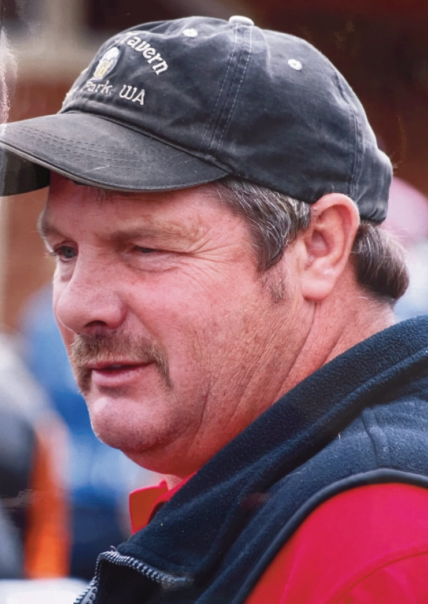Elementary, my dear: None of Your Beeswax (or when did we get so paranoid about privacy?)
Published 8:15 am Saturday, May 28, 2022

- In 1947, at Dorothy Elliott’s Camp Willapa in Nahcotta, the author and her friend Marian took their privacy seriously and responded to “invasions” with 11-year-old directness.
All I wanted to do was check the balance in my savings account on my handy-dandy online banking program. I filled in my username and password and … well, you probably know the rest. Once, maybe, I could have remembered exactly what all those little dots stood for. Maybe I could remember even now if I weren’t asked to change the secret combination of numbers, letters, and special characters every time I turn around. “Why?” I ask. “To protect my privacy,” they say.
Trending
Privacy! Now there’s a concept to ponder long and hard about. Like, do we really have any? I think not. Or is there a new understanding about just what the word “privacy” means nowadays? The most succinct definition I could find actually came from Wikipedia: the ability of an individual or group to seclude themselves or information about themselves, and thereby express themselves selectively. Sounds perfectly reasonable. And I can even recall when it was easy.
In my grandparents’ Oysterville household there was one main rule: Don’t talk outside the house about family business. That included writing anything personal on postal cards. Not that we didn’t trust our postmistress Minnie Andrews implicitly, but “why tempt fate” my grandmother would say. The other words of caution had to do with the telephone. We were on a party line, after all, and you could never tell who might be listening, purposefully or accidentally.
Shush! It’s private!
The only other “privacy issues” I remember had to do with the whispered, giggling conversations with my girlfriends about such risqué topics as trying out our mother’s lipstick (without permission) or seeing one of the older girls in the neighborhood holding hands with… a boy! And woe be unto the friend — boy or girl — who teased us about our own shameful behavior!
Somewhere I have a very unattractive photo of myself making a face at someone who was harassing my friend Marian. I think it had something to do with her (probably nonexistent) boyfriend. My 11-year-old response was to yell, “None of your beeswax” and then stick out my tongue. I can remember exactly how I felt — bullied, harassed, and totally frustrated over something that really had nothing to do with me. I felt about the same way during my banking password episode the other day and, unhappily, my response (which was to give up entirely) was probably about as effective as my beeswax episode three quarters of a century ago!
But that incident was several generations before “privacy issues” became big business and the stuff of headlines. When did our privacy obsession actually begin in earnest? Off the top of my head, I thought “with 9-11” — you know, the wands and x-rays at airports and the endless restrictions and lists of can’s and can’ts, do’s and don’ts.
Are privacy and paranoia related?
Or was it with the first awareness of AIDS here in the United States in the early ‘80s and the privacy safeguards put in place to protect our medical safety? I remember going to a teacher’s workshop about blood and pathogens and insurance coverage — a workshop designed to heighten our awareness of our responsibilities (and liabilities!) when children in our care were hurt. All it heightened for me was a healthy case of paranoia.
But what I found on my information search was that our privacy concerns really got a jump start with the Watergate incident in 1971. Who knew? It was in the wake of Watergate that Congress created permanent intelligence oversight committees in both the Senate and House and proposed the creation of the Foreign Service Intelligence Act. The “Big Brother is watching” concept had become a reality.
None of this came as a great surprise to me, but I was interested to find that Americans (and to some extent the British) are far more obsessed with “privacy” than are other nations of the world. And, mostly, I found it depressing to learn that the phrase, “the right to privacy” was first coined in 1890 in connection with the camera.
Yet, that fits right in, doesn’t it? The more obsessed we become with technology and its offshoots, the more insecure we feel and the more confused and crazed we become. Think a little more about what our technology is doing to our planet and its denizens and soon “none of your beeswax” will cease to have any meaning at all. Just like all those passwords we’ve dreamed up, discarded and, in the end, found absolutely useless.









